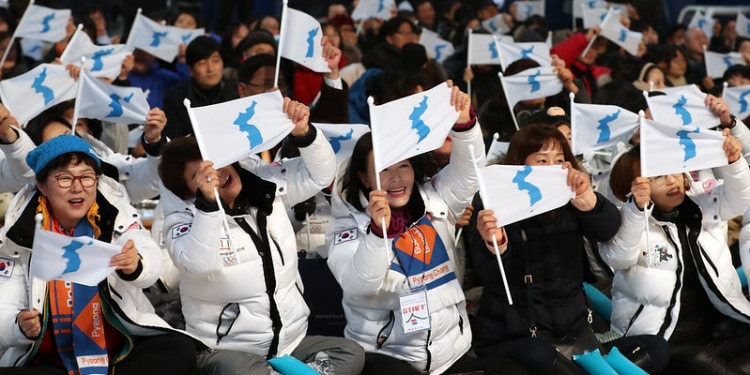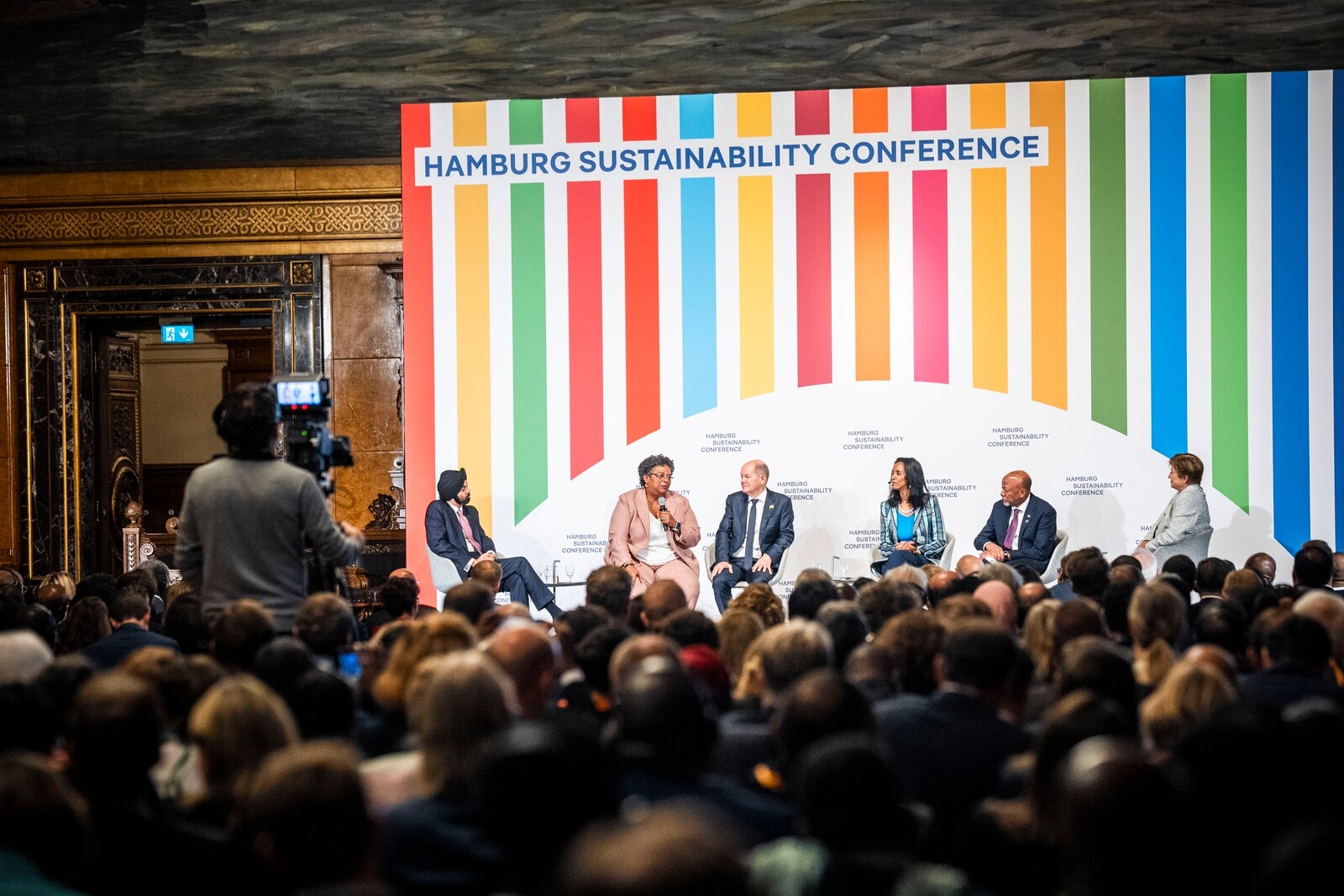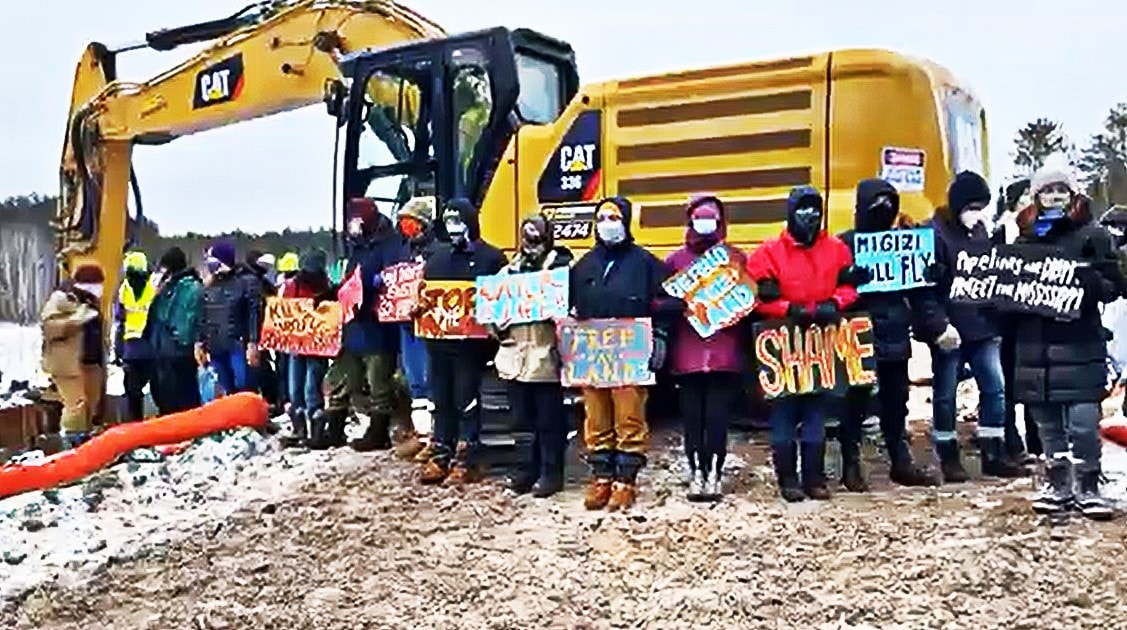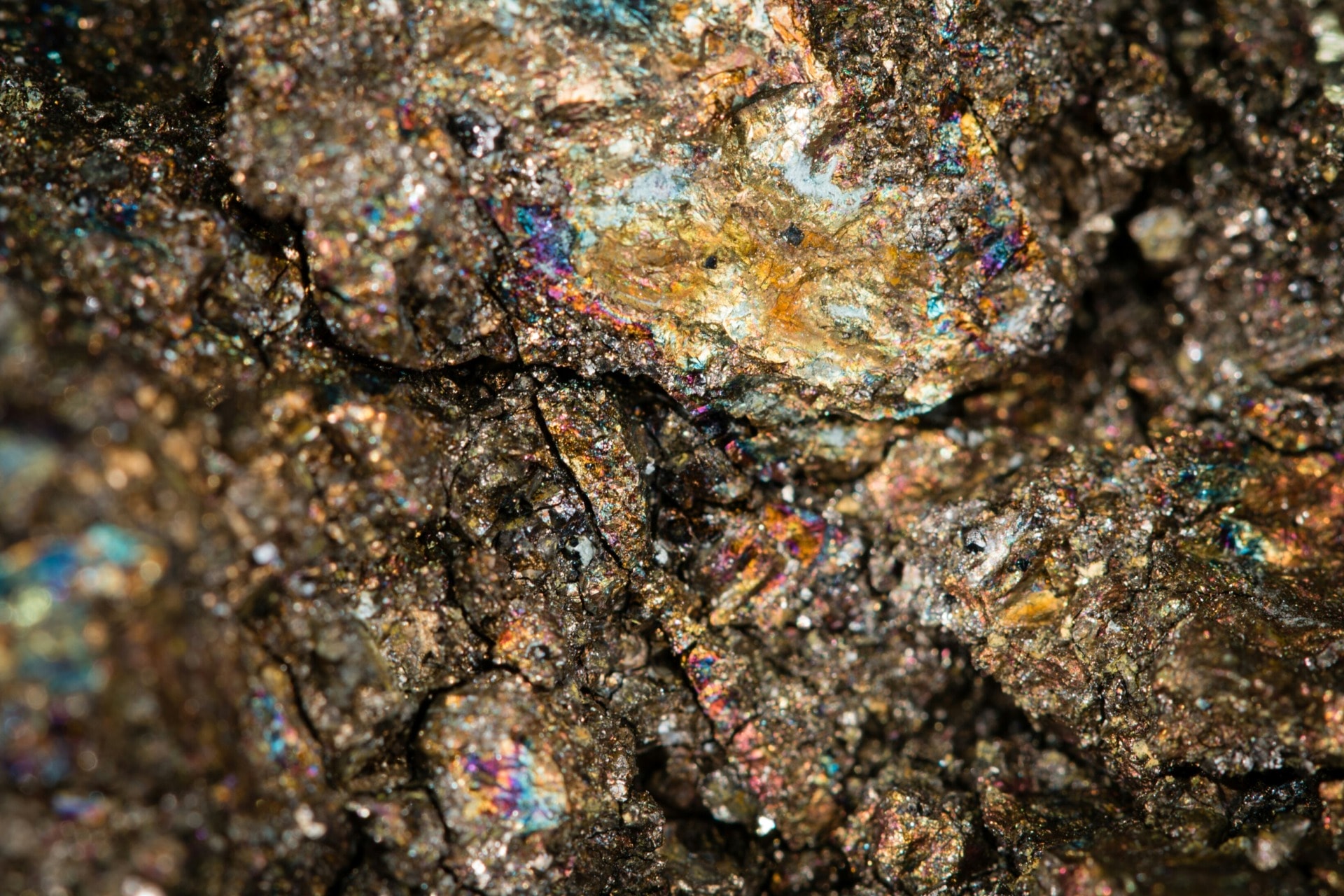The PyeongChang Peace Forum highlights issues of peace on the Korean Peninsula and around the world, bringing together a global list of speakers.
There is a strong link between the United Nations (UN) Sustainable Development Goals (SDG’s) and Positive Peace, an understanding that could help address challenges to peace in Asia.
The Institute of Economics & Peace (IEP) highlighted this finding at the third annual 2021 PyeongChang Peace Forum held virtually in early February.
In a panel event discussing the state and challenges of peace in Asia in the context of the UN Decade of Action to Deliver the SDGs by 2030, and the COVID-19 pandemic, Patricia Garcia, Partnership Development Manager at IEP highlighted research that shows the strong connection between Positive Peace and better performance of sustainable development goals.
According to IEP research, there is increasing recognition of the importance of improving peace and the drivers of peace if the goals of the traditional development agenda are to be met. For example, education and health outcomes cannot be achieved separately without a focus on conflict, justice and governance.
Developing SDG national action plans for the countries in Asia would support the implementation of other international frameworks including the Women Peace and Security Agenda, the Youth Peace and Security Agenda, the Arms Trade Treaty and the Prohibition of Nuclear Weapons Treaty.
According to the 2020 Global Peace Index, levels of peace in the Asia-Pacific region have fallen slightly, driven by increasing deaths from internal conflict, increasing military expenditure and a weaker commitment to UN peacekeeping funding in the region.
Related Articles: How the Shared Challenge of Climate Change Facilitates Peacebuilding | Peace in the Age of Chaos
Positive Peace is defined by IEP as the attitudes, institutions and structures that create and sustain peaceful societies and is also statistically linked to countries with higher GDP growth, higher levels of resilience, better ecological performance, better measures of inclusion, including gender and much more. Positive Peace can also be the guiding principle to build and reinforce the attitudes, institutions and structures that pre-empt conflict and help societies channel disagreements productively rather than falling into violence.
The third annual PyeongChang Peace Forum highlights issues of world peace and peace on the Korean Peninsula, bringing together global speakers with audiences from all over the world. The event was created after the 2018 Winter Olympics, based in Pyeongchang, historically brought athletes from North and South Korea together.
About the author: The article has been written by the Vision of Humanity Editorial staff – brought to you by the Institute for Economics & Peace (IEP). The IEP investigates the impact of COVID-19 and future trends in economics, politics, social dynamics, conflict and development.
Editor’s Note: The opinions expressed here by Impakter.com columnists are their own, not those of Impakter.com. — In the Featured Photo: Inter-Korean Fans cheer while waving “unification flags” depicting a borderless Korean Peninsula at the 2018 PyeongChang Winter Olympic Games. Featured Photo Credit: Jeon Han
















